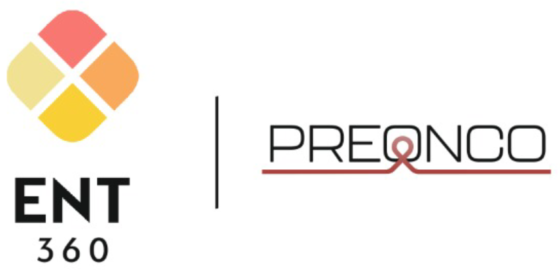What Is Biopsy and why is it necessary?
Biopsy is sampling a small piece of tissue from the body for pathology assessment. Primarily, biopsy is done to diagnose cancer, however, it may also be indicated in some benign (non-cancerous) diseases such as inflammatory or autoimmune disorders.
Examples of non-cancerous lesions where biopsy is often advised are:
- Oral Leukoplakia
- Lichen planus
- Minor salivary gland biopsy for Sjogren’s syndrome.
It is necessary to do a biopsy to make diagnosis before starting treatment.
What are the different ways of doing a biopsy?
There are many different methods of doing a biopsy. Some of these are:
- FNAC/FNAB (Fine Needle Aspiration/Non-aspiration Cytology/Biopsy): for Thyroid nodules, Salivary gland swellings and neck lumps.
- Core needle biopsy: for larger firm neck swellings in special situations.
- Punch biopsy: for ulcers/growths of tongue, cheek, throat, nose and paranasal sinuses.
- Incision biopsy: for accessible ulcers/growths of head and neck region.
The choice of biopsy depends on the location and nature of the lesion.
Is it a painful procedure?
Biopsy is a painful procedure and a local anesthetic is used to numb the area of biopsy. However, despite adequate numbing some patients may experience mild discomfort during or after procedure.
It is common to experience pain, swelling and redness in the area of biopsy. Ice packs are good home remedies for reducing these symptoms.
How long does it take to get results of a biopsy?
It may take from 2 to 5 days for results of a biopsy. Time taken depends on multiple factors such as the size of the biopsy and the special tests(Ex: IHC) required to arrive at the diagnosis.
Does biopsy increase the chance of cancer?
No. Biopsy does not cause or increase the chances of cancer.
Does biopsy increase the spread of cancer?
No. Biopsy does not increase the spread or the stage of the disease.

